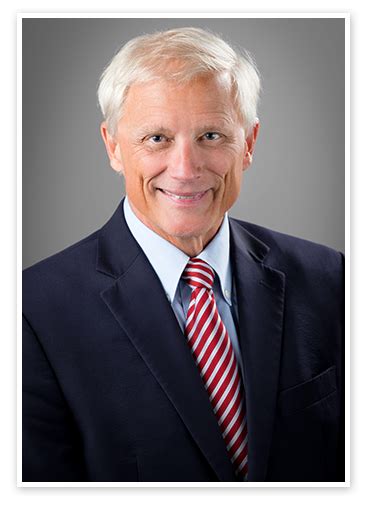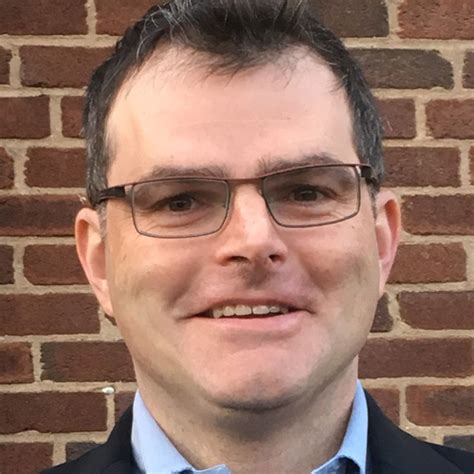A Quote by Albert Bandura
Perceived self-inefficacy predicts avoidance of academic activities whereas anxiety does not
Quote Topics
Related Quotes
Perceived self-efficacy also shapes causal thinking. In seeking solutions to difficult problems, those who perceived themselves as highly efficacious are inclined to attribute their failures to insufficient effort, whereas those of comparable skills but lower perceived self-efficacy ascribe their failures to deficient ability
By creating a self-policing, self-reporting, sort of self-monitoring culture through law, through statute, and imposing that on the academic world, I think not only are we losing a significant measure of freedom in academic traditions and in our civil society, but we're actually making ourselves less competitive with every other country around the world that does not do that. Because that's where researchers are going to go and that's where academics are going to go. And ultimately, that's where breakthroughs are going to occur.
I think, in all fields, there's this motherhood pay penalty where, the second you become a mother - and this is true whether you give birth or adopt - you're perceived to not be as committed to your job. Whereas men are perceived as breadwinners who now need more money and promotions because they're fathers.
From the social cognitive perspective, it is mainly perceived inefficacy to cope with potentially aversive events that makes them fearsome. To the extent that people believe they can prevent, terminate, or lessen the severity of aversive events, they have little reason to be perturbed by them. But if they believe they are unable to manage threats safely, they have much cause for apprehension.
When we prioritize and focus... and that becomes the anchor... the relationship becomes the anchor... and it trumphs everything else... than it's at once freeing and anxiety relieving... because the connection itself feeds empowerment and self-worth and self-esteem so it takes away the anxiety of raising a child.
Fear of success is far more dangerous than fear of failure, because the subconscious mind works to prevent that which it fears. People may fear success because of low self-esteem and feeling of not deserving it; because it will increase what others expect of them. Fear of success shows up as anxiety, indecision, avoidance, procrastination or acceptance of mediocrity.



































